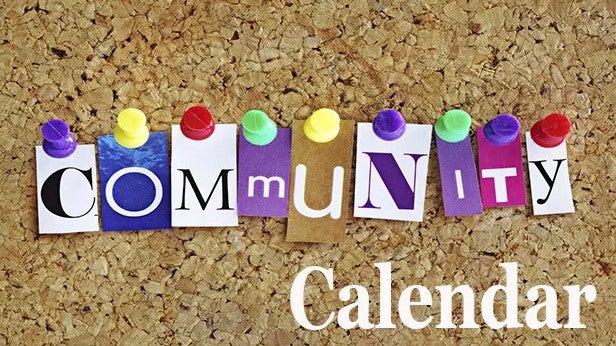Actor’s death starts conversation on depression
Published 8:07 pm Thursday, August 14, 2014
The death of actor Robin Williams has started a conversation about a topic largely ignored and even considered taboo: depression.
Depression is a mental illness, and according to the National Institute of Mental Health, 6.7 percent of adults in the United States will experience major depressive disorder each year.
Major depression is described as having symptoms severe enough interfere with your ability to work, sleep, study, eat and enjoy life. Major depression can also be linked to suicide.
At Bryan W. Whitfield Memorial Hospital, Dr. John Dorsey and his staff work daily to fight depression and other mental illnesses with the Geriatric Behavioral Health program and the Partial Hospitalization Program.
“It’s really painful when you think about people thinking the only way they can get out of depression is to take their own lives,” Dorsey said. “It’s something that is very difficult for people to understand if they haven’t gone through it themselves or known someone who has.”
Dorsey said the biggest part of depression is a feeling that there is no way out, or a sense of hopelessness.
“People often feel like they’re stuck in a state of pain,” he said. “It effects people’s thinking, and that’s why it’s so important to seek care.”
At the hospital, Dorsey said their objective is to try to remind people that they are safe and that there is a way forward. He said this is achieved through treatment and time.
Earlier this week, actor and comedian Robin Williams took his own life after a battle with depression. Dorsey said his case is an example of how people suffering from the disease can act like nothing is wrong.
“People can put on a face when they’re actually suffering to an enormous degree,” Dorsey said. “Only those close to someone could really see any signs. You hate to see something like that happen to anyone, and you have to hope it doesn’t happen in other cases.”
Some of the signs Dorsey mentioned that are common with depression are changes in behavior, withdrawal from people and activities, sadness, lack of interest, out of character behaviors, confusion, loss of touch with reality and changes in weight, appetite and sleep patterns.
“People will also talk about not wanting to go on,” Dorsey added. “Oftentimes, depression can lead to drug and alcohol use as well.”
Dorsey said one misconception with depression is that people can will themselves out of it.
“It’s not something people can just will themselves out of or just pick themselves up,” he said. “It’s a disease, and nobody wants to be in that state of mind.”
He added that he’s pleased with the emphasis BWWMH Administrator and CEO Mike Marshall has put on mental illness.
“It started several years ago with the geriatric program, and that has helped a lot of people and a lot of families,” he said. “More recently, we’ve added the Partial Hospitalization Program, which helps with severe mental illness by adding outstanding support through daily groups and follow-ups. I hope we can continue building on these programs and continue in the right direction.”
Dorsey said the best thing someone that is or knows someone who is battling depression can do is reach out and call for help.
“There is somebody here 24 hours a day that can help with guidance and direction,” he said. “If you see someone battling the disease and they don’t want to see anyone, be positive around them and continue showing care and concern. Let them know about the programs that are available and offer to help them.”
Bryan W. Whitfield Memorial Hospital’s main line is (334) 289-4000. The National Suicide Prevention Lifeline is (800) 273-8255.





